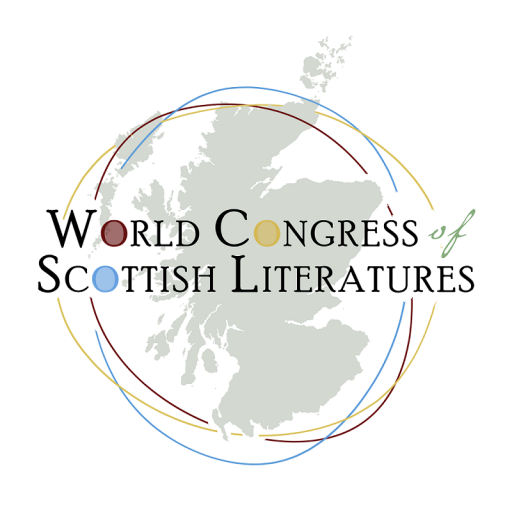A Legacy of Invasion: Scottish Collective Memory and the Progress Narrative of John Galt’s Ayrshire Legatees
Travelling northward along the Ayrshire coast on her way to London with fellow members of the Pringle family, Rachel Pringle draws the reader’s attention to a series of historically framed landmarks: the Isle of Bute, ‘dear to departed royalty’; the mountains of Argyllshire in the distance, ‘cairns … of a former world’; closer at hand, the ‘barrows of those who fell in the great battle’ of Largs; and the Castle of Skelmorlie, which reminds Rachel of lays of the fourteenth-century Chevy-Chace, one version of which had been recently republished in Walter Scott’s Minstrelsy of the Scottish Border.[1]
This paper considers several meanings of the term ‘legacy’ to analyse the role of collective memory in adjudicating between competing narratives of the past, particularly as it relates to popular memories of invasion and Enlightenment notions of progress in nineteenth-century Scotland. It argues that Rachel Pringle’s geographic survey suffers from a historical myopia, one which proves characteristic of both the Pringle family and the characters they encounter on their way to, and sojourn in, London. Rachel’s anecdote relies upon an uncertain historical record to highlight successive repulsions of invasion in Scotland’s distant past, while ignoring the relevance of invasion to the colonialism of her own historical moment, thanks to which she and her family are set to inherit a ‘mercenary legacy … the spoils of some unfortunate Hindoo Rajah’ (9). The result is a narrative which emphasises the role of imagination in constructing a society’s collective memory of national origins and Scotland’s complex identity as both metropole and colony in the British imperial enterprise.
Zachary Garber, University of Oxford
[1] John Galt, The Ayrshire Legatees; or, The Pringle Family (Edinburgh: Blackwood, 1821), 8-9.
